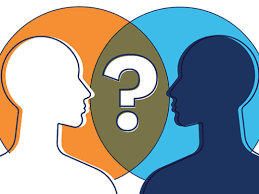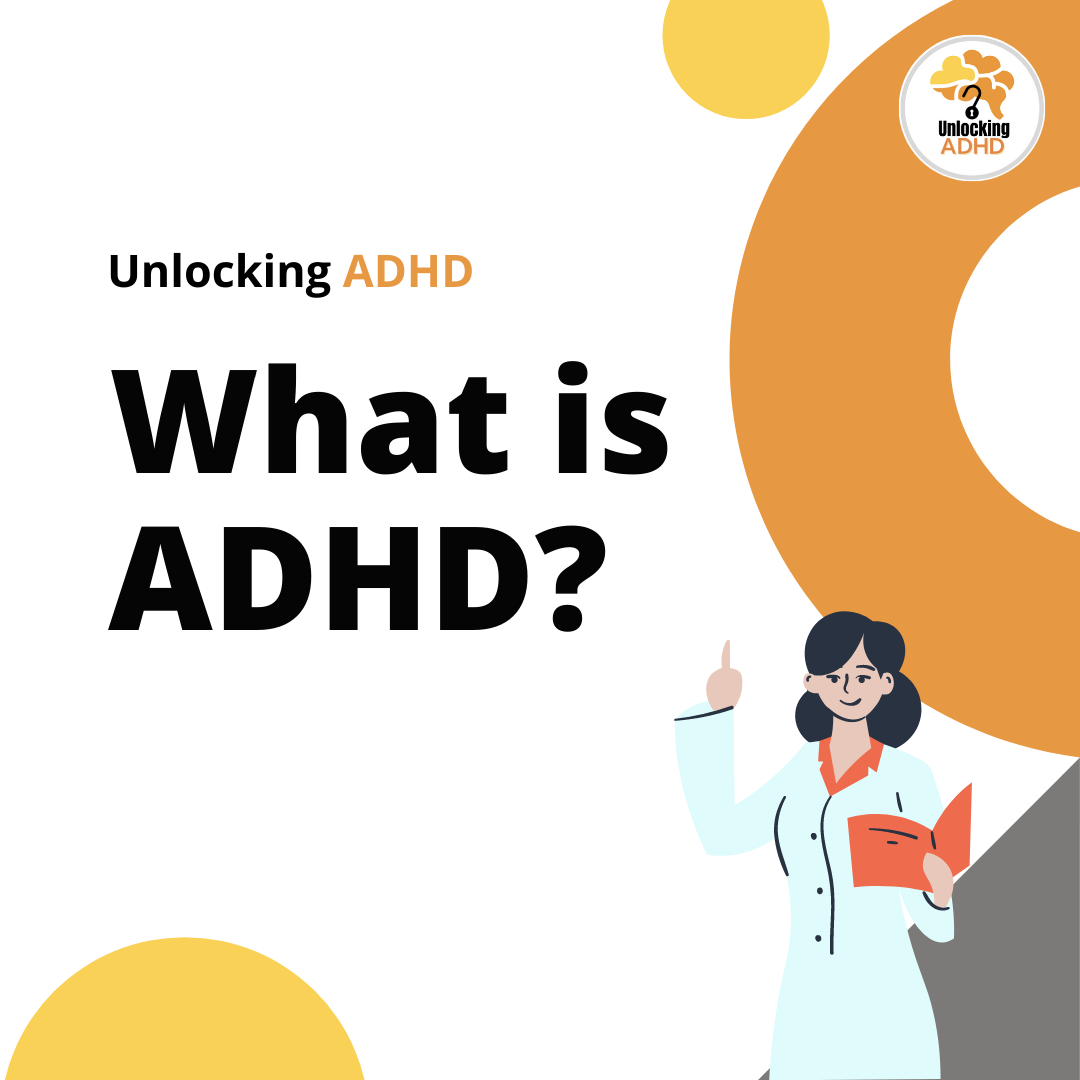Behavioral Therapy
Behavioral therapy, also known as behavior therapy or behavioral intervention, is a form of psychotherapy that focuses on identifying and modifying maladaptive behaviors and patterns of thinking that contribute to psychological distress, emotional difficulties, or problematic behavior. It is based on the principles of behaviorism, which emphasize the role of learning and environmental influences on behavior. Here's an overview of behavioral therapy, including its techniques, principles, and applications:

Related Searches
Principles of Behavioral Therapy:
1. Learning Theory: Behavioral therapy is grounded in learning theory, which posits that behavior is learned through interactions with the environment, reinforcement, and conditioning. It emphasizes the role of external factors and experiences in shaping behavior.
2. Behavior Modification: Behavioral therapy aims to modify behavior by identifying specific target behaviors, analyzing the antecedents and consequences of those behaviors, and implementing interventions to reinforce desirable behaviors and decrease undesirable ones.
3. Empirical Approach: Behavioral therapy is based on empirical research and evidence-based practices, with interventions that are tested, validated, and refined through scientific inquiry and clinical trials.
4. Collaborative and Goal-Oriented: Behavioral therapy is collaborative, with the therapist and client working together to set specific, measurable, achievable, relevant, and time-bound (SMART) goals for treatment. Progress is regularly monitored, evaluated, and adjusted as needed.
5. Focus on the Present: Behavioral therapy focuses on the present moment and current behavior patterns, rather than delving extensively into past experiences or unconscious processes. It emphasizes practical strategies and skills that clients can use to change their behavior and improve their functioning.
Techniques and Interventions:
1. Behavioral Activation: Encourages clients to engage in rewarding and meaningful activities to improve mood and increase positive reinforcement.
2. Exposure Therapy: Gradually exposes clients to feared or anxiety-provoking stimuli or situations in a controlled manner to reduce fear and avoidance behaviors through habituation and desensitization.
3. Systematic Desensitization: Combines relaxation techniques with gradual exposure to feared stimuli to reduce anxiety and phobic responses.
4. Behavioral Rehearsal: Role-playing and practicing new behaviors and coping skills in therapy sessions to increase confidence and mastery in real-life situations.
5. Token Economy: Uses tokens or points as rewards to reinforce positive behaviors and encourage participation in treatment or desired activities, particularly in institutional settings.
6. Cognitive-Behavioral Techniques: Integrates cognitive restructuring techniques, such as identifying and challenging maladaptive thoughts and beliefs, with behavioral interventions to address cognitive distortions and promote adaptive coping strategies.
Applications of Behavioral Therapy:
1. Anxiety Disorders: Behavioral therapy is effective in treating various anxiety disorders, including generalized anxiety disorder (GAD), panic disorder, social anxiety disorder (SAD), phobias, and obsessive-compulsive disorder (OCD).
2. Mood Disorders: Behavioral therapy is used to treat depression and bipolar disorder by targeting negative thought patterns, increasing positive reinforcement, and promoting behavioral activation.
3. Substance Use Disorders: Behavioral therapy, such as contingency management and cognitive-behavioral therapy (CBT), is effective in treating substance use disorders by targeting addictive behaviors, cravings, and relapse prevention.
4. Attention-Deficit/Hyperactivity Disorder (ADHD): Behavioral therapy, particularly behavioral parent training and behavioral interventions in schools, is used to manage ADHD symptoms and improve self-regulation and adaptive functioning.
5. Eating Disorders: Behavioral therapy, such as cognitive-behavioral therapy for eating disorders (CBT-E), is used to address disordered eating behaviors, body image concerns, and dysfunctional beliefs related to food and weight.
6. Autism Spectrum Disorder (ASD): Behavioral therapy, including applied behavior analysis (ABA) and social skills training, is used to teach adaptive behaviors, communication skills, and social interaction skills to individuals with ASD.
Overall, behavioral therapy is a versatile and evidence-based approach to treating a wide range of psychological disorders and behavioral difficulties, emphasizing practical strategies, skills development, and collaboration between therapist and client to achieve meaningful and lasting change.







